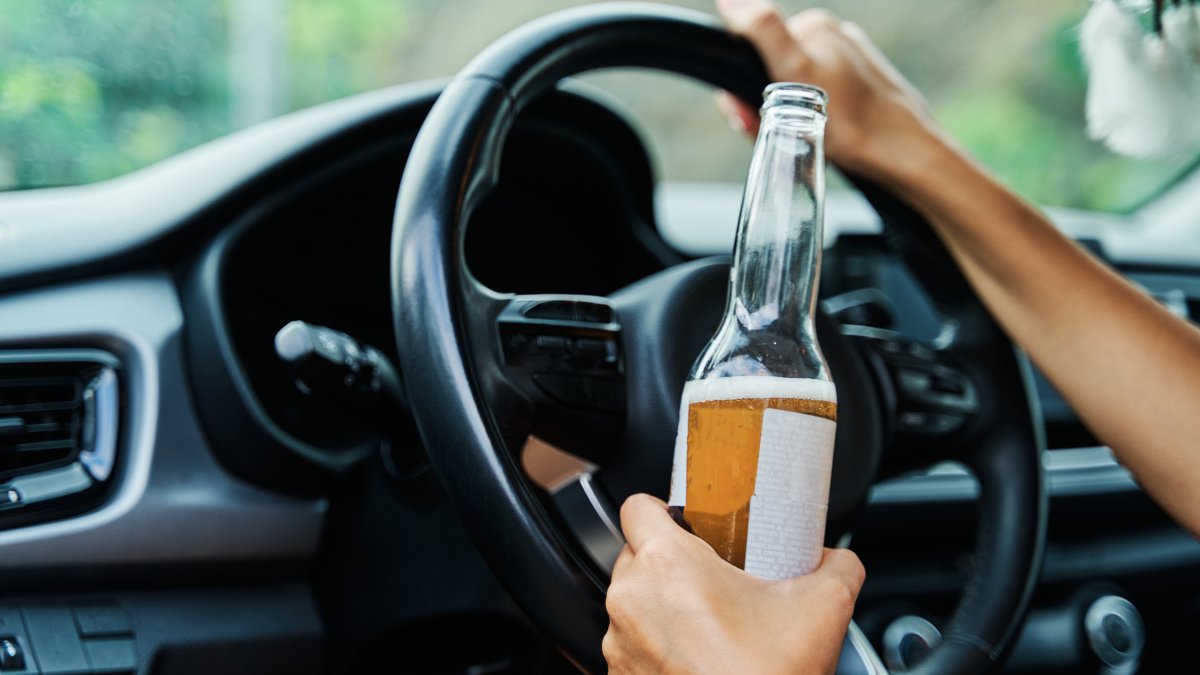Arcade Fire’s North American tour kicks off Thursday night in Washington, and multiple ticket holders, uneasy over allegations of sexual misconduct and harassment against singer Win Butler, complain that the promoters are not giving them any refunds. Five years after #MeToo, such inflexible practices are called into question, as more similar ethical issues are likely to emerge.
A handful of people said on social networks that they were reimbursed for various shows on the tour. But according to hundreds of others, the American company Live Nation, which promotes the concerts, does not respond to refund requests and plays down the charges.
Petition
This is how more than 600 people signed the Petition by Maude Sills-Néron, a Quebecer who accuses Ticketmaster, the Live Nation subsidiary that sells and distributes tickets, of ignoring their requests. More than 200 people signed up for another one, launched by a certain Emma Miller almost two months ago, deploring the same situation.
The signatories of these petitions, as well as several other internet users, also say they want to get a refund – unsuccessfully – as Beck, who was to provide the first part of the North American tour, withdrew. Recall that singer Feist also left the European part of the tour, expressing her discomfort over the accusations against Win Butler. Disappointed European spectators were also not reimbursed.
Towards “best” practices?
Also, Live Nation and Ticketmaster did not respond to the Must. Evenko, promoter of the show at the Bell Center scheduled for December 3, suggested contacting Live Nation, but declined to comment further. The situation therefore remains very tense between the promoters and their audience, but Live Nation does not seem to take offense.
According to François Colbert, art marketing expert and director of the master’s degree in cultural enterprise management at HEC Montreal, such inflexibility on the part of promoters could prove detrimental in the long term, especially in the face of so many challenges. “Evenko is responsible for the Jazz Festival and the Just for Laughs Festival. Such an attitude could give him a bad label and make his audience or concession agencies cautious, ”he says.
Mr. Colbert therefore believes that “customers must ask for reimbursement” because “these companies make a lot of money, and this type of situation is part of the risks” that they implicitly accept to take.
The professor even believes that promoters such as Evenko and Live Nation should clarify, at the time of ticket purchase, that refunds could be possible in the event of a reversal of the situation for ethical issues such as sexual harassment allegations. to the advantage of the promoters to adopt best practices, given how much the issue of harassment is currently debated. “
Of this opinion is also Maude Sills-Néron, who launched one of the two petitions to ask for reimbursement: “The lack of response from the group and the silence of the promoters involved suggest a minimization of the accusations, a brainwashing process (gas lighting) historically repeated over and over again against victims of sexual violence. “
According to Colbert, the industry must therefore show “greater sensitivity” to the issues of our time, especially consensus, when “several similar situations are emerging in the field of the arts”.


